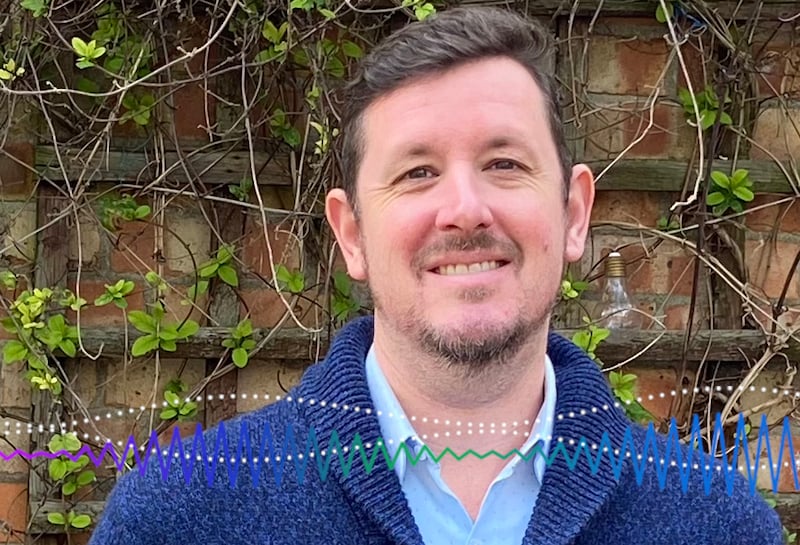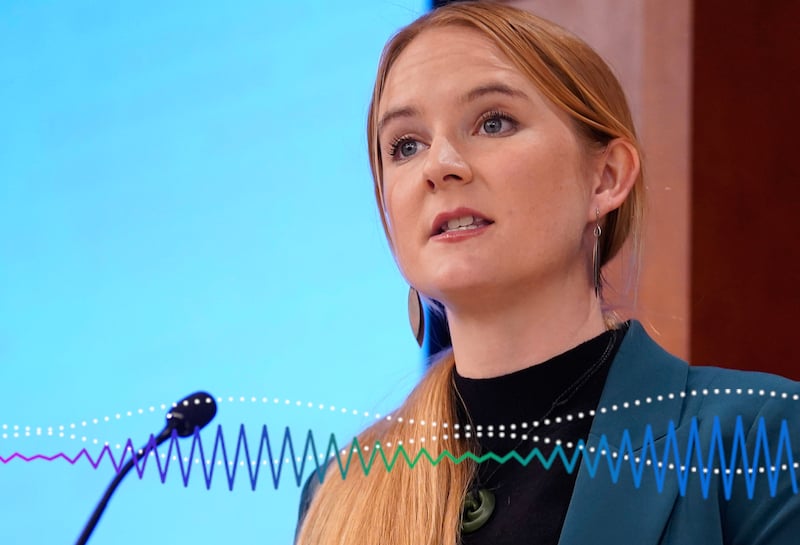
Ralph Chami: Avoiding the Remittance Trap
Beirut, Lebanon. While remittances have helped the Lebanese economy absorb shocks, there is no evidence that they have served as an engine of growth. (iStock by Getty images/ramzihachicho)
In This Episode
Few would argue that workers’ remittances—the money migrants send to family in their home country—improve the lives of millions of people. Remittances amounted to over $400 billion last year. That’s somewhere between official development assistance and foreign direct investment in terms of size. These massive financial flows have important consequences for the economies that receive them. But in this podcast, IMF economist Ralph Chami says remittances can also have a negative impact on growth. Chami is coauthor, with Ekkehard Ernst, Connel Fullenkamp, and Anne Oeking, of Is There a Remittance Trap featured in the September 2018 edition of Finance and Development Magazine.
Join Us on Every Major Platform
Latest Podcasts
BEHIND THE MIC

Bruce Edwards
International Monetary Fund
Bruce Edwards produces the IMF podcast program. He's an award-winning audio producer and journalist who's covered armed conflicts, social unrest, and natural disasters from all corners of the world. He believes economists have an important role in solving the world's problems and aspires to showcase their research in every IMF podcast.

Rhoda Metcalfe
RHODA METCALFE is an independent journalist and audio producer.










